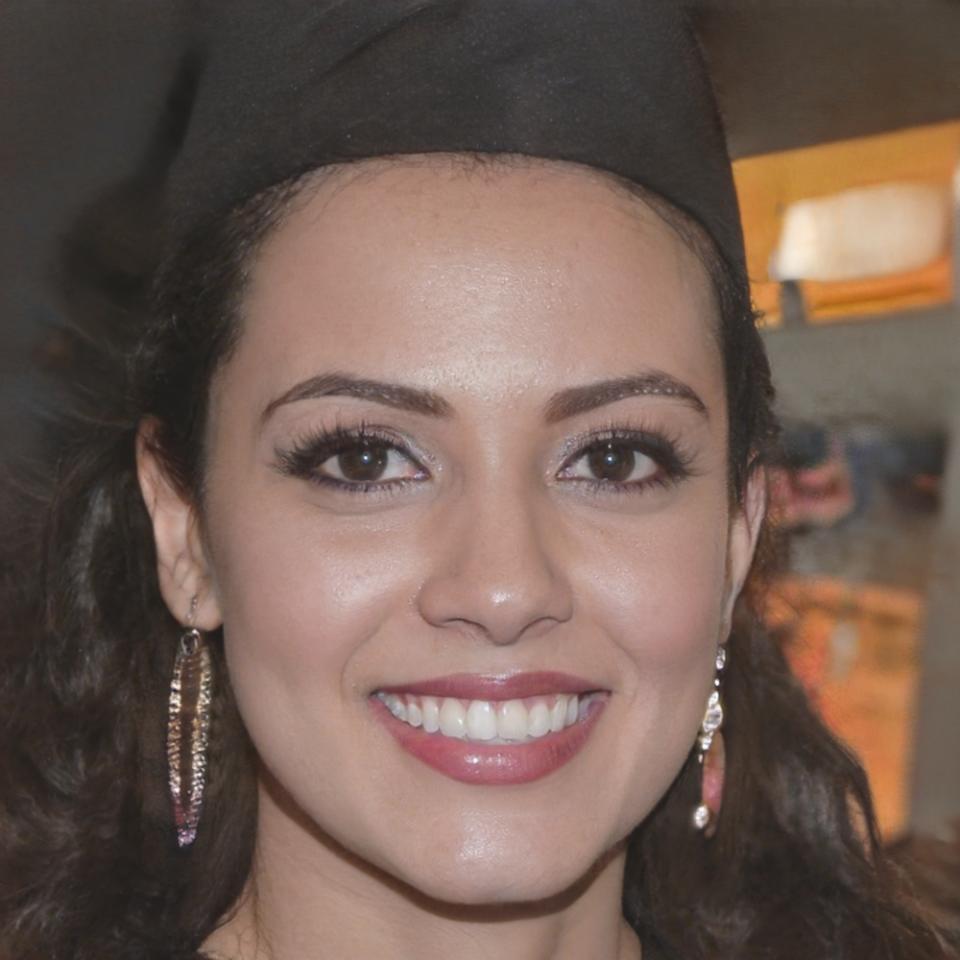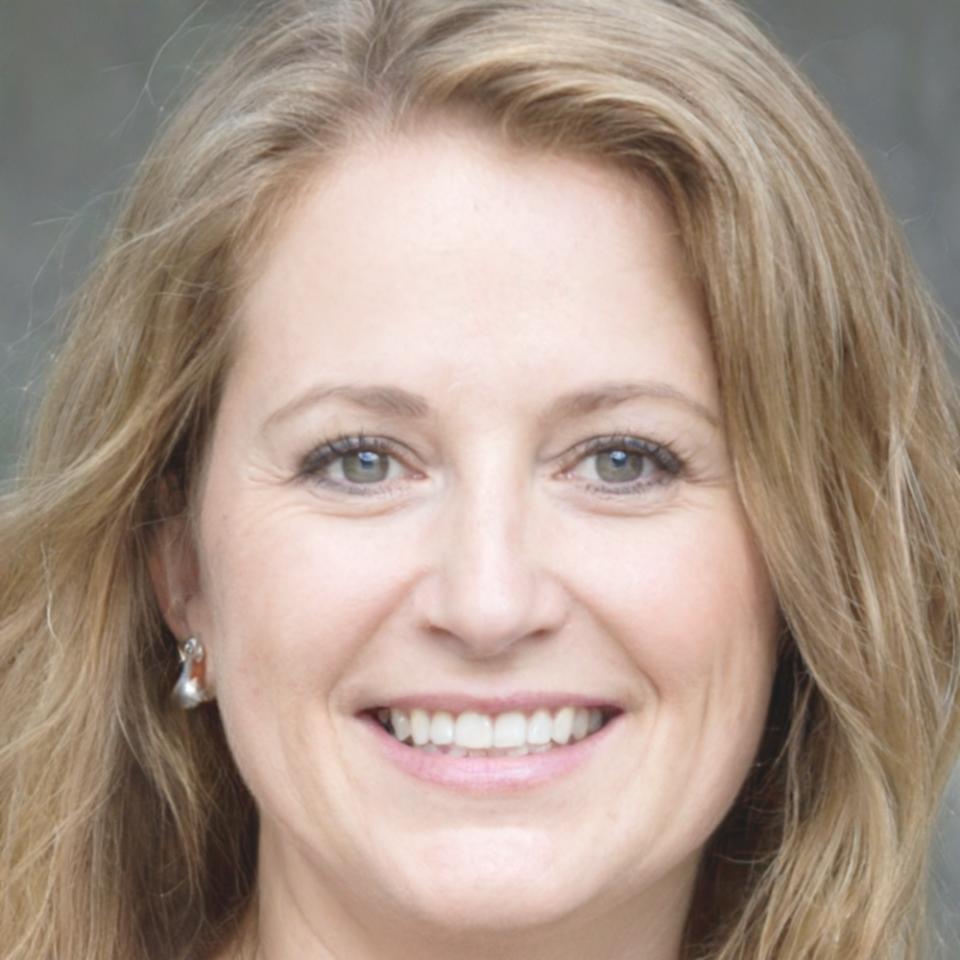Our Beginning
It started with a spreadsheet and frustration
Back in early 2019, I was helping a mate fix his budget mess. Traditional advice wasn't cutting it — his income bounced around, expenses kept surprising him, and rigid monthly plans just caused more stress.
So we built something different. A flexible system that adjusted when life happened. Tracked patterns instead of perfection. Focused on what you could control rather than what you couldn't.
Word spread. More people wanted this approach. By mid-2020, we'd taught over 60 people these methods — each one adapting the framework to their specific situation. That's when we realized this needed to be bigger than spreadsheets shared between mates.




